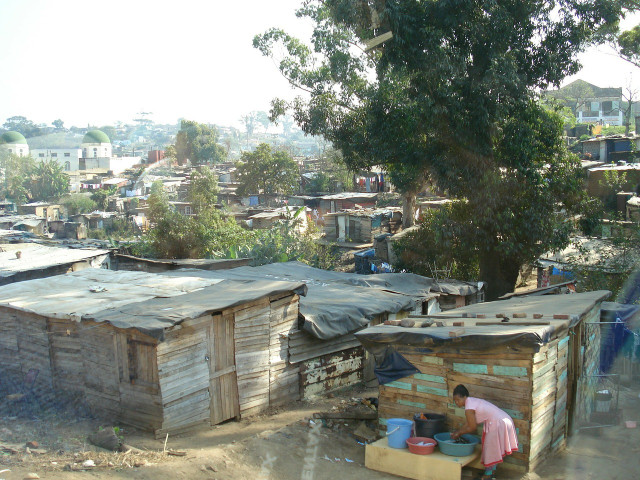Social sustainability is an important discipline of sustainable development. We'll tell you more about social sustainability, including what it looks like in 2022.
What is Social Sustainability?

(Foto: CC0 / Pixabay / vleyva)
Social sustainability is one of the three disciplines of sustainable development, along with environmental and economic sustainability. Environmental sustainability focuses on conserving and protecting the environment and ecosystems for future generations. In contrast, economic sustainability focuses on implementing economic practices supporting sustainable long-term economic growth without negative social, environmental, or cultural effects on the community. Sustainable development focuses typically on those two aspects of sustainability, but social sustainability is important not to overlook.
Social sustainability is a discipline of sustainable development that focuses on the social systems, structures and relationships supporting current and future generations’ ability to create healthy and liveable communities. Through social sustainability, communities can be more inclusive, equal, diverse, democratic, and provide a higher quality of life. Together with economic and environmental sustainability, social sustainability is crucial to achieving the UN’s 17 Sustainable Development Goals, including poverty reduction, shared prosperity, and communities’ wellbeing and longevity.
Social Sustainability Research



(Foto: CC0 / Pixabay / ElasticComputeFarm)
The research of social sustainability is essential, as the gap between the richest and poorest is growing. According to Oxfam, since 1995, the top 1 percent have accumulated nearly 20 times more global wealth than the bottom 50 percent. Notable groups that research social sustainability include:
- The Sustainable Europe Research Institute. This group is a think tank that explores sustainable development options for European societies.
- The Oxford Institute for Sustainable Development. This research group is one of the UK’s largest institutions dedicated to sustainable development research in both built and natural environments.
The Key Dimensions of Sustainable Development



(Foto: CC0 / Pixabay / Polifoto)
Nobel Laureate and Indian economist developed the six key dimensions of sustainable development Amartya Sen. They are:
- Quality of life. This includes more affordable housing, healthcare, education and employment opportunities that can improve lives.
- Equality. Building an equal society involves reducing the disadvantages experienced by people of color, the LGBTQIA+ community, women and other minority groups.
- Diversity. This includes assessing the needs of different diverse groups in society.
- Social Cohesion. This includes encouraging target groups to become more involved in society to create social unity.
- Democracy & Governance. This dimension involves governments’ commitment to spending money on social sustainability practices.
- Maturity. Individuals must accept responsibility to grow and improve their communication or behavior on a personal level.
Social and Political Developments in 2022



(Foto: CC0 / Pixabay / ArtisticOperations)
According to the Pew Research Centre, these are among the top social and political changes that the American public considers top priority:
- Improved working conditions and pay. In the US, it has become common over the past two decades to hold multiple jobs to make ends meet, with the percentage of people with more than one job increasing from 6.8 percent in 1996 to 7.8 percent in 2018.
- Gender Equality. As of 2022, women made $0.82 for every $1 men did. The solution to this problem ranges from increasing women’s representation in leadership and decision-making to investing in care work, a profession dominated mainly by women.
- Climate Action. Inequality is also prevalent in the climate crisis, with Oxfam stating that the world’s richest 1 percent emit more than twice as much CO2 emissions as the poorest 50 percent of the world, showing that the poorest are the ones whose lives are most affected by climate change.
Social Sustainability in Business



(Foto: CC0 / Pixabay / StartupStockPhotos)
Social sustainability in business focuses on how companies impact people and society. The triple bottom line is a business concept promoting the idea that companies should commit to measuring their social and environmental impact in addition to their financial performance. By doing so, companies don’t just focus on generating profit. The triple bottom line can be broken down into:
- People. Businesses need to serve society, such as ensuring fair hiring processes.
- Profit. Businesses can have positive impacts on society without hampering their economic goals.
- Planet. Businesses must follow sustainable practices to make a positive impact on the environment.
Read more:
- Environmental Stewardship: How to Safeguard Earth’s Future
- 10 Apps for a Sustainable Lifestyle
- Sustainable Travel: The 8 Best State Parks in California
Do you like this post?









